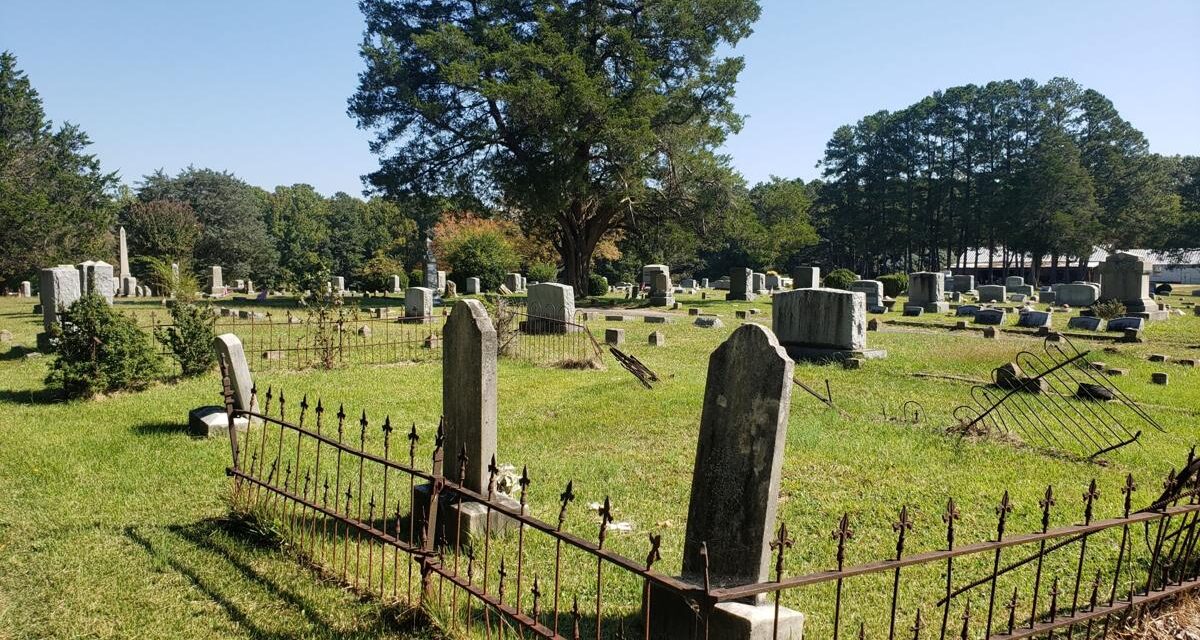Like most people, I’ve done some pretty cool things in life that I’m proud of and made some serious mistakes that I’d highly prefer remain private. Among the things that are public knowledge, there’s stuff I’d hope people prioritize when they think about me, and those are not things that cause me shame or regret. I’m guessing this comes as no surprise to you because it’s completely normal. We’d all like to be judged by our better decisions and best days.
I’m also not of those people who doesn’t care about what happens after they’re gone. Whether it’s the health of the earth’s environment, the political future of the country, or what people say at my funeral, I actually do care what happens when I’m dead. I’d prefer if the general sense after I die is that it was a good thing that I’d lived.
That’s not happening for a lot of folks right now. Instead, we’re seeing story after story like this one:
H. Scott Apley — a 45-year-old Dickinson City Council member who was serving on the Texas GOP’s State Republican Executive Committee — died from apparent complications from Covid-19, just days after republishing a Facebook post implying that vaccines don’t work, the Washington Post reports.
That little blurb tells me that Mr. Apley was a Republican, a city councilman, and a Texas GOP official. But the main impression it leaves is that he was a fool. Could be that he was a magnificent father, a great friend, a trustworthy and reliable employee or a leading businessman and philanthropist. But that’s not why his death is an international news story. That’s not what is going to come up when his kids google his name.
Was it a good thing that Mr. Apley lived?
Most people are saying that he was spreading dangerous disinformation, a fact that his own death proves. If he was getting people needlessly killed, maybe it wasn’t a good thing that he lived at all.
I’m not religious in the traditional sense. I don’t think about a sky god. But I do maintain a more polytheist sensibility that the gods will not be mocked. That’s why I wouldn’t wish cancer on my enemies. I don’t need that to be a headline in the newspapers– that I died of the thing I wished on someone else. I don’t expect the world to be fair to me, or anyone else, and I don’t want to make it easy for fate to laugh at my expense.
It’s strange to me when I encounter people who don’t share these sensibilities. I don’t get people who exploit people for the easy money or who pollute to put money in their pockets or who tell lies because it’s lucrative. I don’t get the folks who act like you can take your worldly possessions with you and don’t care what goes in their obituary. I don’t understand why people mock the gods and act as if fate will treat them kindly.
Perhaps because I don’t expect things to balance out in this life, I don’t put a lot of stock in karma, that you’ll get what’s coming to you. Tree branches randomly fall on good people, and murderers go unpunished. But I do think in a more limited and general sense that good acts beget good acts, and it’s more likely that you’ll prosper if you do good things than if you commit crimes. For this reason, I’ve never seen selfishness as a solid way of pursuing your own self-interest, and I’ve never agreed that crime automatically pays.
At the same time, it’s precisely because fate can be cruel that I don’t embrace the schadenfreude when I see people die from their own selfish stupidity. I can be stupid too, and it might one day kill me.
In other words, I know that, try as I might to avoid it, my obituary might look every bit as ridiculous as Mr. Apley’s.




“you’re”
I care less about what people think after I’m gone than simply knowing I lived an honorable life. Not that I’ve always been honorable. But I think that being a good person is its own reward.
That seems like close to same thing, but maybe not.
My father passed last December (cancer, not covid), but because of covid we have not done a traditional memorial. Still, I have thought long and hard on what I would say.
The short version:
He was the nicest person you would ever meet — always giving of himself to others.